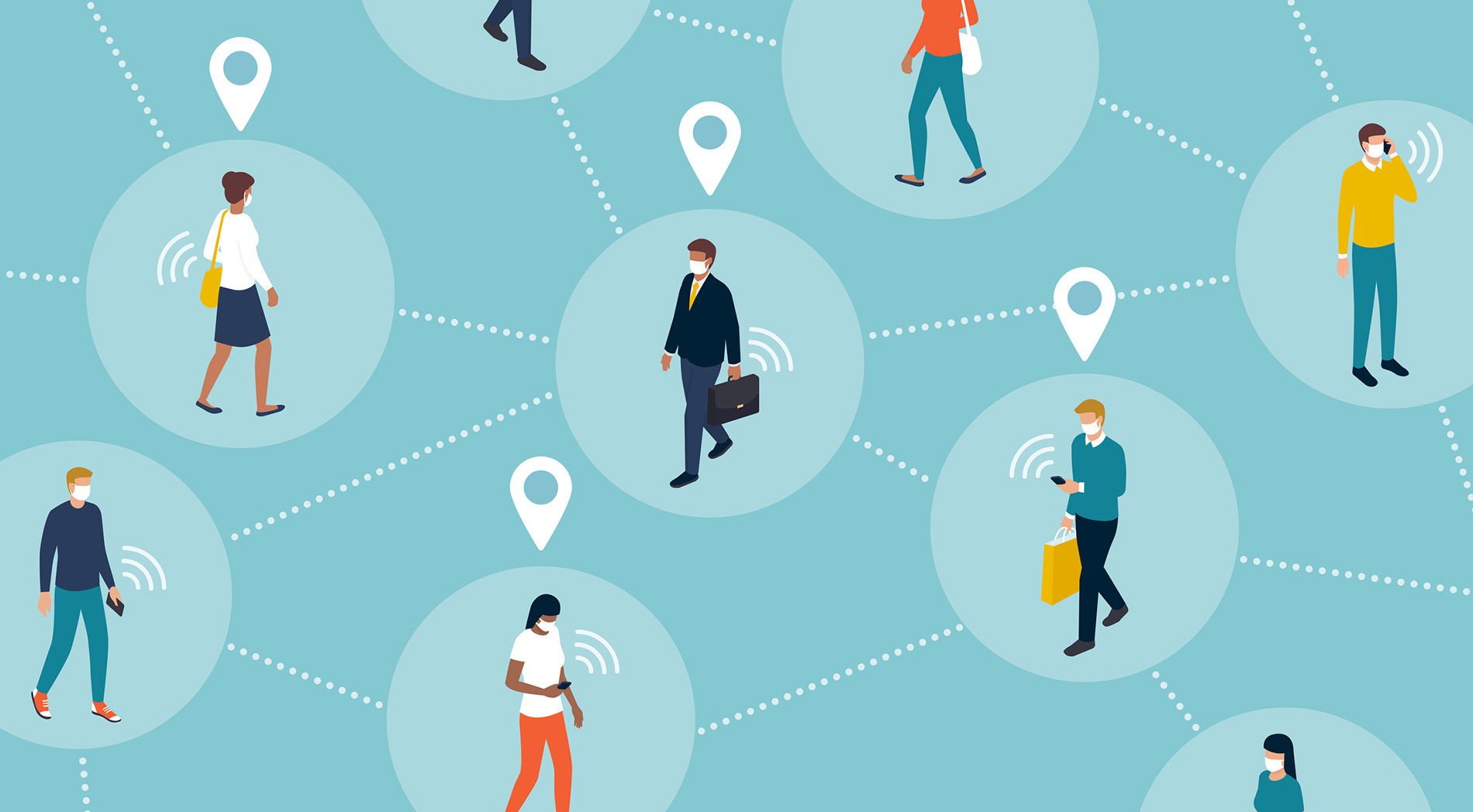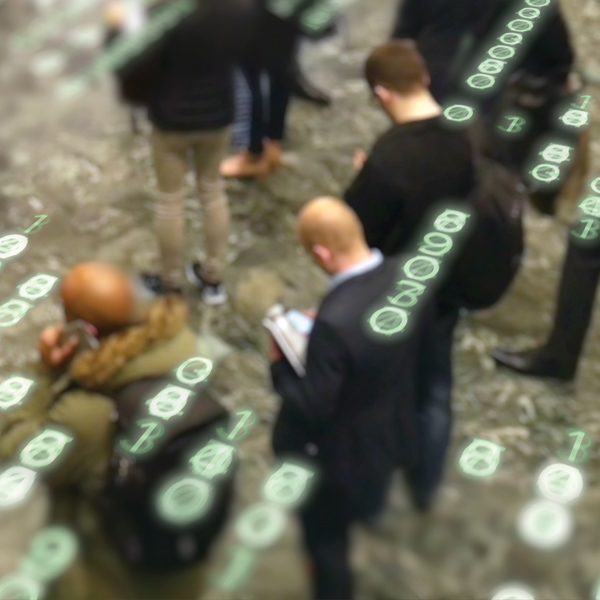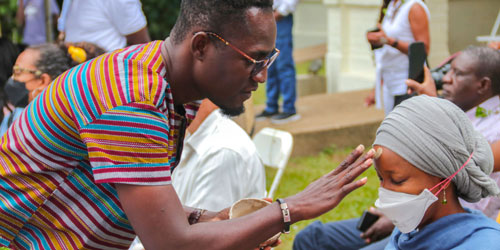MacArthur today announced $1.6 million in new grants to organizations working to ensure that technological responses to the COVID-19 pandemic are done in a way that advances equity and protects individual privacy and other rights.
Until a vaccine is developed, containing the pandemic will require mass testing plus contact tracing, so individuals who may have been exposed to an infected person can also be tested and self-quarantine to prevent transmission. While that investigative work can be carried out in a low-tech way, new technologies are emerging that rely on mobile phones and location data to help notify those who may have been exposed.
Given systemic health inequities in the United States, along with concerns about individual privacy protections when new technologies emerge, MacArthur’s grants are aimed at helping devise a contact tracing system that is trusted and transparent. Given the global nature of the pandemic, grants also seek to connect researchers, practioners, and advocates around the world who share a common vision of advancing contact tracing that is equitable and accounts for individual rights and liberties.
“This crisis has laid bare inequities across our society on the lines of race, ethnicity, income, wealth, status, and power,” said MacArthur President John Palfrey. “Before we use digital contact tracing, we must weigh the costs. It is insufficient for that response to rely solely on apps; we must keep one eye on the inequities of the past and another eye on the privacy conundrums that lay ahead.”
A planned $1.6 million in grants will go to five organizations, which will use all or part of this new funding in the following ways:
- Roger Baldwin Foundation of ACLU - $300,000 over two years to ensure that technology and data used to respond to the COVID-19 pandemic in Illinois is done in a way that advances equity and protects civil rights and civil liberties.
- Crossroads Fund - $300,000 over two years to launch a network of technologists and community organizers in Chicago working to ensure community perspectives help determine how technology is used and deployed, with a focus on the way government and private sector actors use technology and data in the context of the COVID-19 pandemic and racial justice uprising.
- Berkman Klein Center for Internet and Society - $250,000 over 18 months to help public and private decision makers develop policies and practices around the use of digital tools and data in response to COVID-19 that incorporate equity, inclusion, and replicability.
- Social Science Research Council - $500,000 over one year in support of the Council’s Just Tech program and the international Public Health, Surveillance, and Human Rights Network, which will examine how to implement mass testing and contact tracing in a way that advances equity in health outcomes and protects individual rights and liberties.
- The Citizen Lab at the University of Toronto - $250,000 over one year to scale up its response to COVID-19 through activities such as tracking emergency contact tracing app laws globally, forensic analysis of contact tracing and related apps from countries with poor human rights records, and examing how emergency measures and contact tracing technologies create risks for historically marginalized communities.





